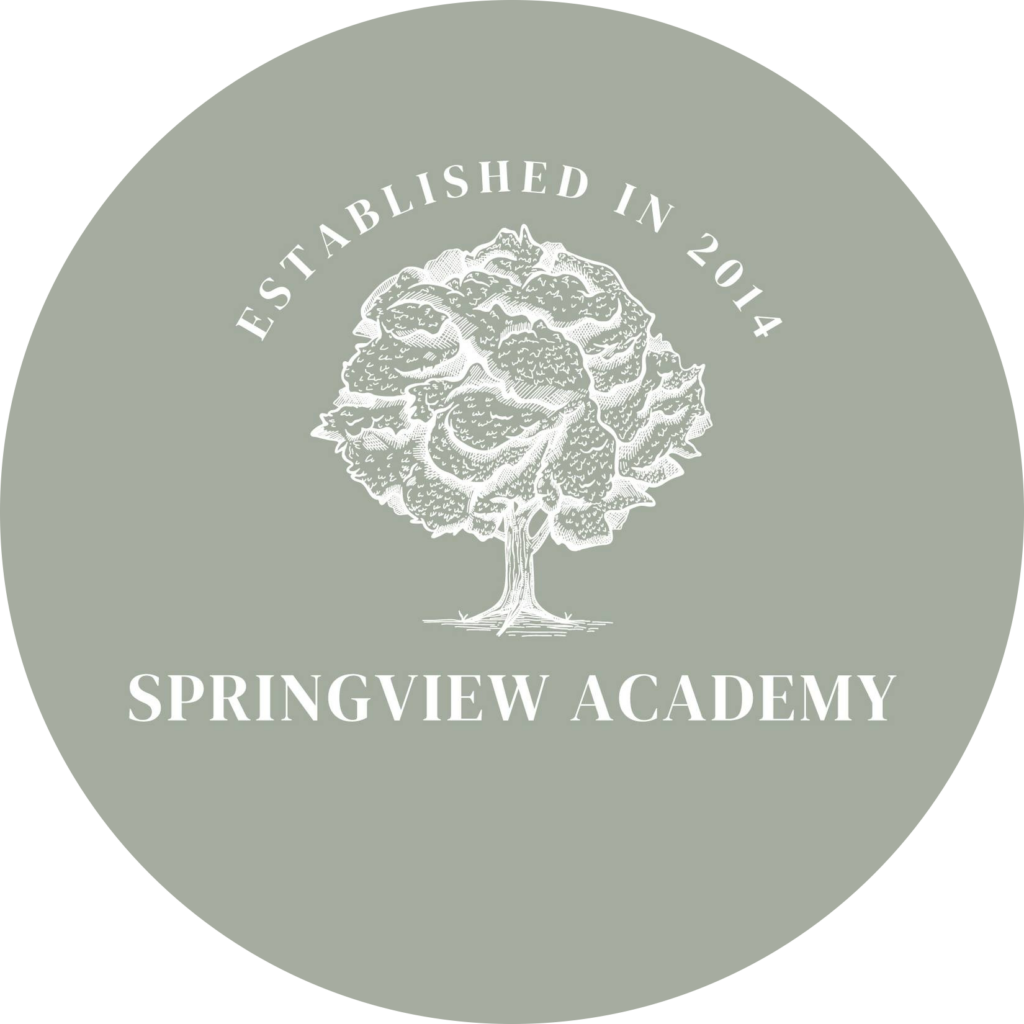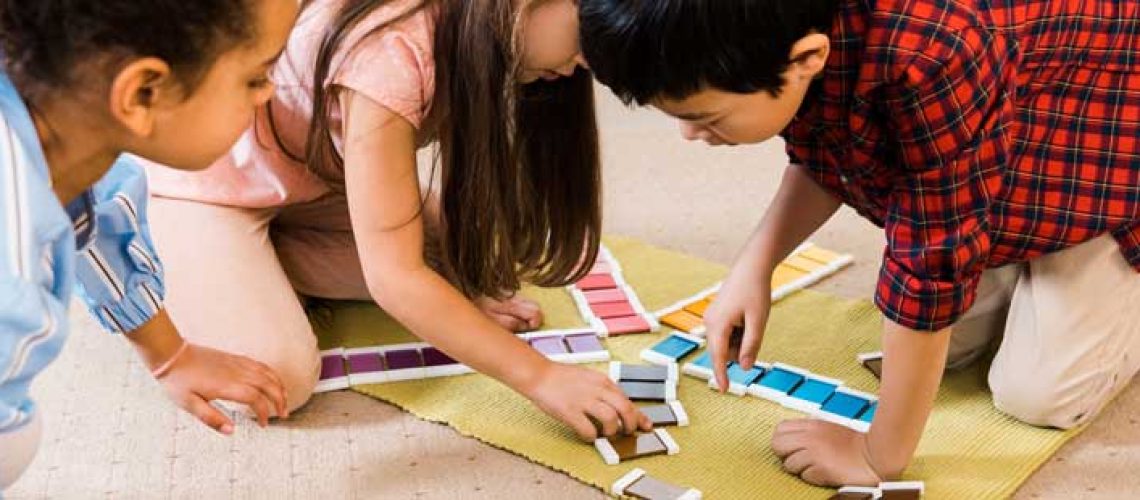Introduction
Early childhood is a pivotal stage for nurturing lifelong habits and essential skills, one of which is independence. Encouraging young children to think and act independently builds their confidence, enhances problem-solving abilities, and fosters a sense of responsibility. At Springview Montessori, our Montessori approach is thoughtfully designed to cultivate these qualities, laying the foundation for well-rounded, capable learners.
How Springview Academy Encourages Independent Thinking
Independence doesn’t just happen by chance; it’s cultivated through a prepared environment that supports self-directed learning. At Springview Montessori, classrooms are set up with age-appropriate materials that are easily accessible, enabling children to choose activities based on their interests and abilities. This structure empowers students to make decisions, explore at their own pace, and take ownership of their learning journey.
For example, in our classrooms, shelves are neatly arranged with learning tools and activities that are visually appealing and arranged from simplest to most complex. This promotes an instinct for order and helps children develop the habit of putting things back in their place—teaching responsibility and respect for their environment.
Practical Life Activities that Promote Self-Reliance
One of the hallmarks of the Montessori method is the emphasis on practical life skills. These activities mirror everyday tasks that adults perform, allowing children to develop a sense of contribution and capability. At Springview Montessori, we integrate activities such as:
Tying Shoes: Children learn to tie their own shoes through step-by-step guidance and repetition, which enhances fine motor skills and boosts self-confidence.
- Pouring Drinks: With small, manageable pitchers and cups, children practice pouring water or juice, learning both precision and the concept of cause and effect.
- Cleaning Up Spills: Mistakes are part of learning, and at Springview Montessori, students are encouraged to clean up after themselves. This fosters accountability and resilience.
These hands-on tasks may seem simple, but they are critical for developing independence. They teach children that they are capable of taking care of their own needs and contribute to their surroundings.
The Role of Teachers in Guiding Without Over-Directing
A core belief at Springview Montessori is that teachers act as guides rather than directors. Our educators observe closely, stepping in to offer support only when needed. This approach ensures that children experience both the freedom to try new things and the reassurance of having help when truly necessary.
Teachers model activities carefully and then step back, allowing the child to engage independently. This hands-off guidance helps children build confidence in their own abilities and encourages them to problem-solve. For instance, if a child struggles with a puzzle, the teacher might offer a gentle hint or demonstrate one piece before letting the child try on their own. This subtle support helps build persistence and patience.
Conclusion: The Benefits of Nurturing Independence and Supporting It at Home
Nurturing independence in early childhood has lasting effects. Children who are empowered to do things for themselves develop self-confidence, a love for learning, and a sense of capability. Parents play a crucial role in reinforcing these habits at home. Simple tasks like letting children set the table, choose their clothing, or help with basic meal prep can make a big difference. Encourage your child with positive reinforcement and patience as they practice these skills.
At Springview Montessori, we believe that fostering independence is one of the greatest gifts we can give our young learners. By building this foundation, we prepare them not only for academic success but for life itself, equipping them with the skills and mindset to navigate their world confidently and competently.

